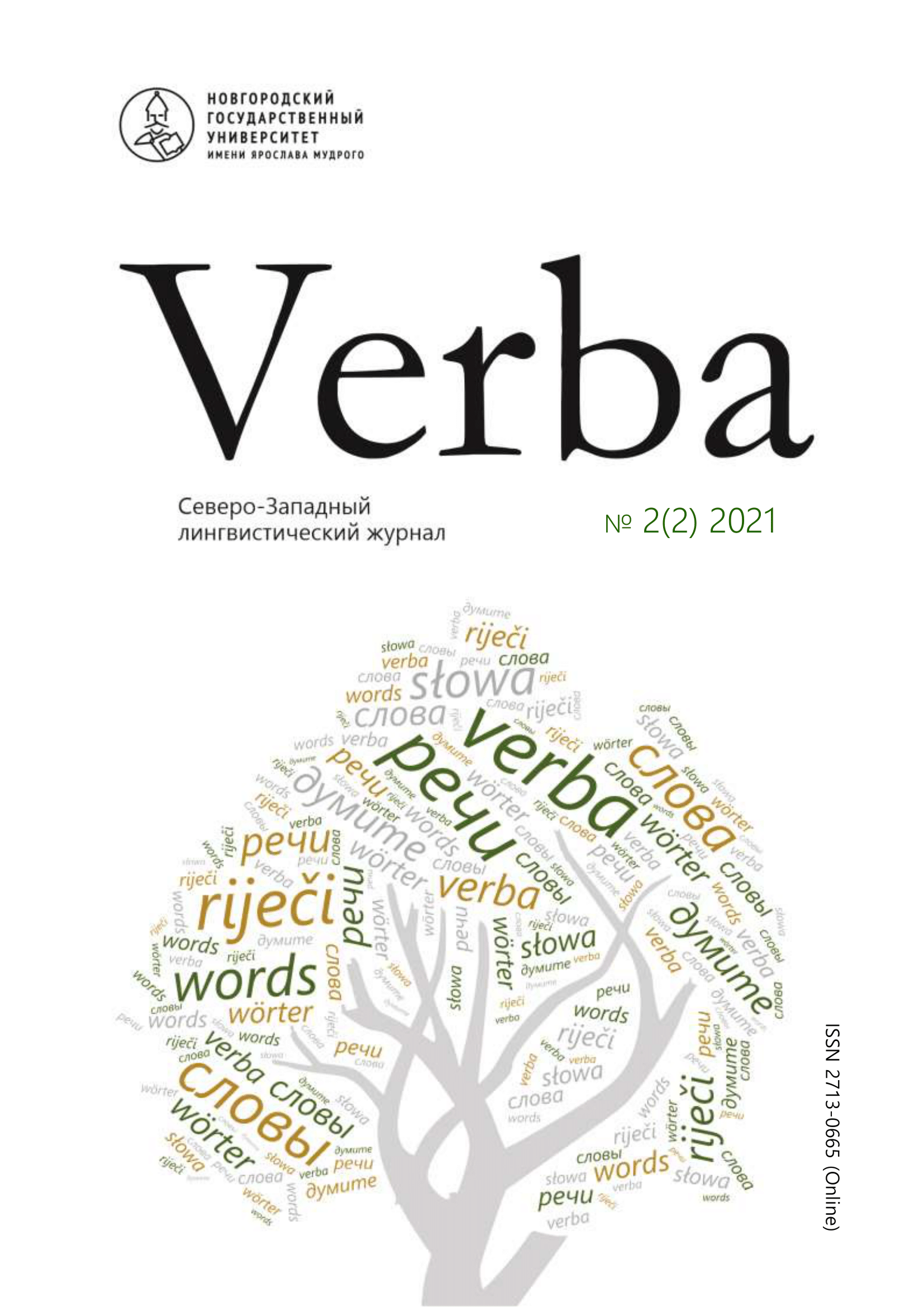Children’s phraseography: the Pskov version
DOI:
https://doi.org/10.34680/VERBA-2021-2(2)-109-116Keywords:
children’s phraseography, phraseological dictionary, junior schoolchild, T. G. Nikitina, E. I. RogalevаAbstract
The article provides an overview of the publications of Pskov scientists E.I. Rogaleva, T.G. Nikitina, which qualify as children’s phraseography. There are two blocks of work. The first one is dictionaries addressed to schoolchildren of grades 1-6, a distinctive feature of these dictionaries is interactivity. It is shown how the game phraseographic strategy varies depending on the genre of the vocabulary project: humorous detective story, entertaining etymological stories, quest. Examples of creative assignments included in dictionaries are given. The possibilities of using dictionaries in the lessons of the Russian native language are revealed. The second block is scientific articles and monographs, in which the theoretical provisions that underlie the representation of phraseological units for schoolchildren are formulated. The main research directions are highlighted, attention is drawn to the polemics of Pskov scientists with other creators of dictionaries. It is shown how the developed concept of children’s phraseography is transformed against the background of changes taking place in society and school. In conclusion, the relevance of the Pskov scientists research in updating the theoretical base of children’s phraseography is emphasized.
Downloads
Downloads
Published
How to Cite
Issue
Section
License
Copyright (c) 2021 Verba

This work is licensed under a Creative Commons Attribution-NonCommercial 4.0 International License.








